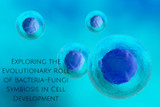The Ultimate Guide to Protein for Muscle Building
Protein is a vital nutrient made up of amino acids, serving as the building blocks for various functions in the body, such as tissue repair, enzyme production, immune response, and more. It's found in foods and is essential for overall health and bodily functions.
Protein is important for many reasons, including:
Building and repairing tissues:
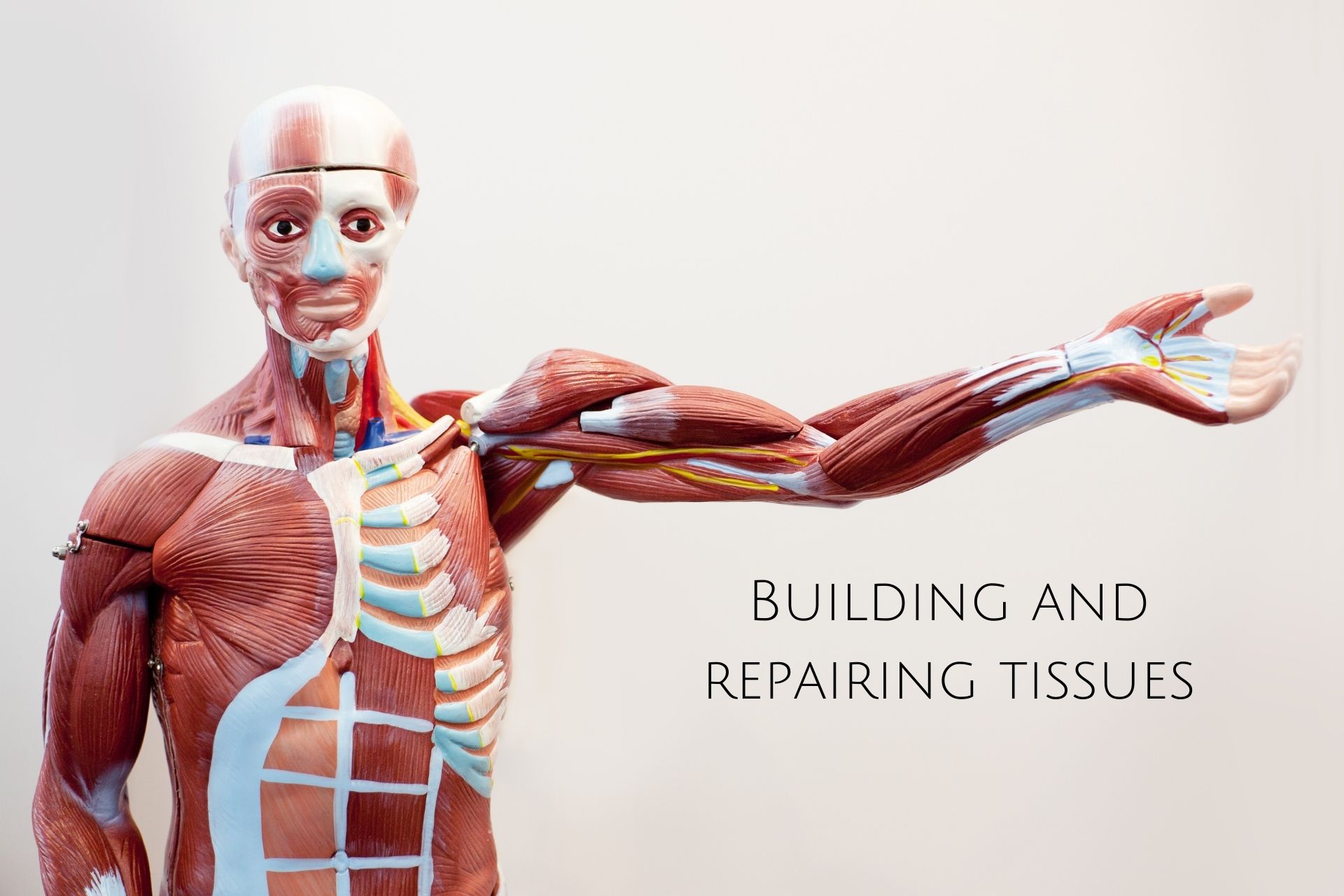
Protein is the building block of all tissues in the body, including muscles, bones, skin, and hair. It is also used to repair damaged tissues.
Making enzymes and hormones:

Enzymes are proteins that help to speed up chemical reactions in the body. Hormones are proteins that regulate many bodily functions, such as growth, metabolism, and reproduction.
Maintaining a healthy immune system:
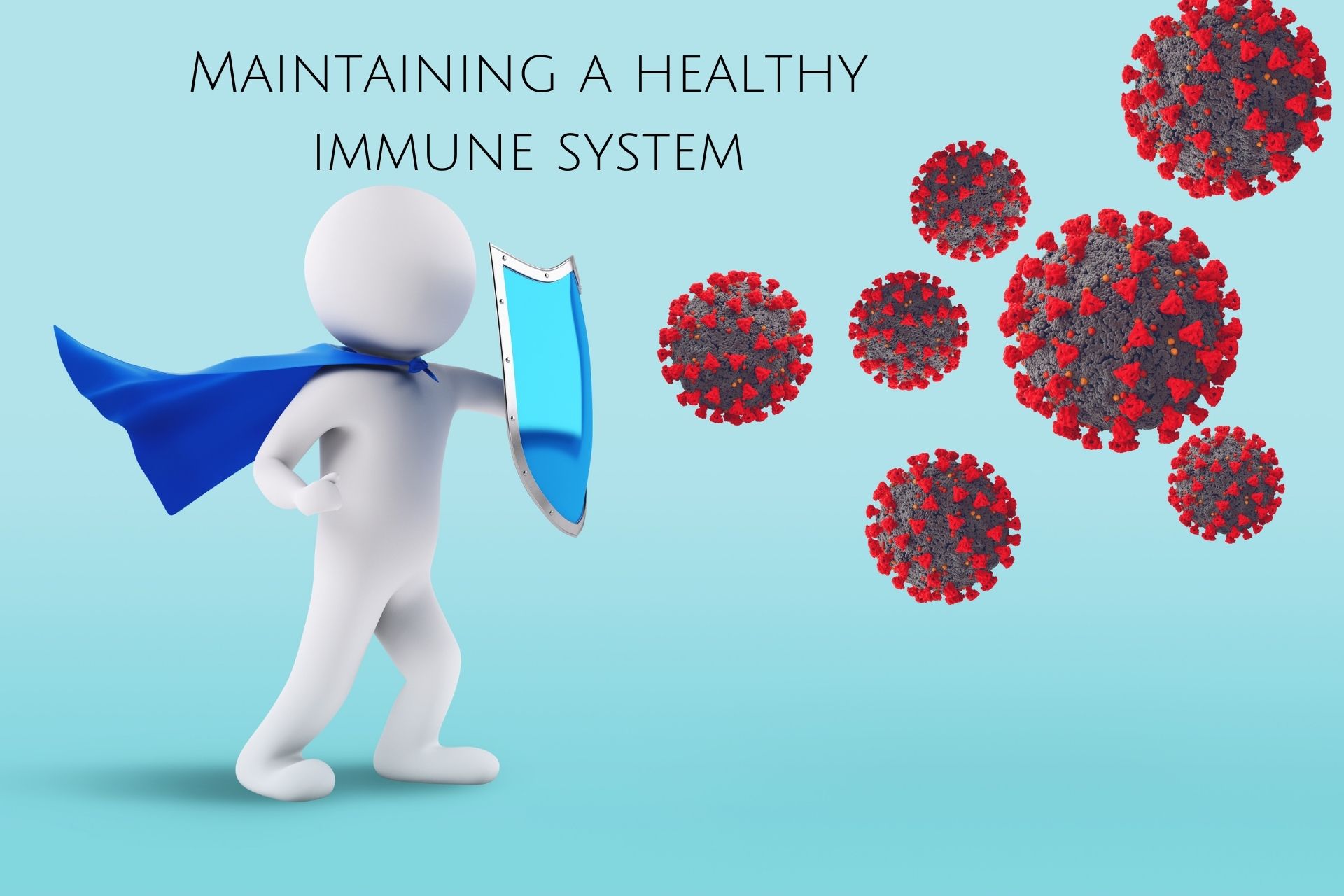
Protein is essential for the production of white blood cells, which help to fight infection.
Maintaining a healthy weight:

Protein can help you feel full and satisfied after eating, which can help you control your calorie intake and lose weight.
Promoting muscle growth and strength:
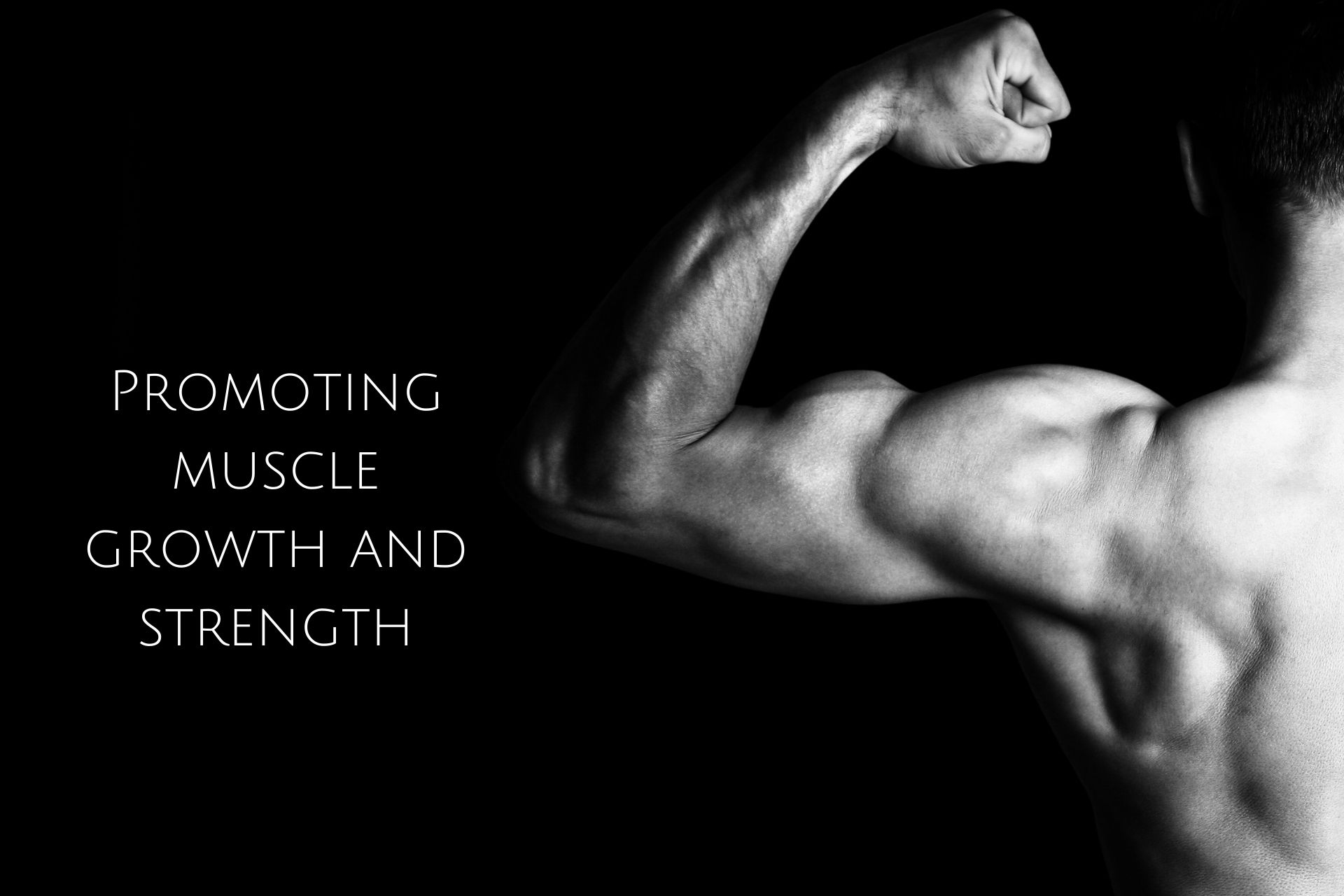
Protein is essential for building and maintaining muscle mass. This is especially important for athletes and people who are trying to lose weight.
Helping with recovery from injury or illness:

Protein can help to speed up the recovery process from injury or illness by helping to repair damaged tissues.
The approved daily intake of protein for adults is 0.8 grams per kilogram of body weight. However, some people, such as athletes, pregnant women, and people who are recovering from an injury, may need more protein.
Good sources of protein include meat, poultry, fish, eggs, dairy products, beans, lentils, and also nuts.
Symptoms of insufficient protein intake include:
- Fatigue
- Muscle weakness
- Slowed wound healing
- Weight loss
- Hair loss
- Difficulty concentrating
If you are worried that you may not be getting enough protein, talk to your doctor or a registered dietitian. They can help you create a plan to get the protein you need.
How much protein does our body need
The recommended amount of protein a person needs can vary based on factors such as age, sex, activity level, and overall health goals. The general guideline for protein intake is often expressed as a percentage of daily caloric intake or in grams of protein per kilogram of body weight.
For the average sedentary adult, the Recommended Dietary Allowance (RDA) for protein is around 0.8 grams of protein per kilogram of body weight per day. This means that if you weigh 70 kilograms (154 pounds), you require about 56 grams of protein per day.However, people with higher levels of physical activity, such as athletes or those who regularly engage in strength training, may require more protein to support muscle repair and growth. Athletes and individuals aiming to build muscle might consume anywhere from 1.2 to 2.0 grams of protein per kilogram of body weight or even more, depending on their training intensity and goals.
Pregnant and breastfeeding women also have increased protein needs to support fetal and infant growth.
what food contains more protein
There are many foods that are rich sources of protein. Here are some examples of both animal-based and plant-based protein sources:
Animal-Based Protein Sources:
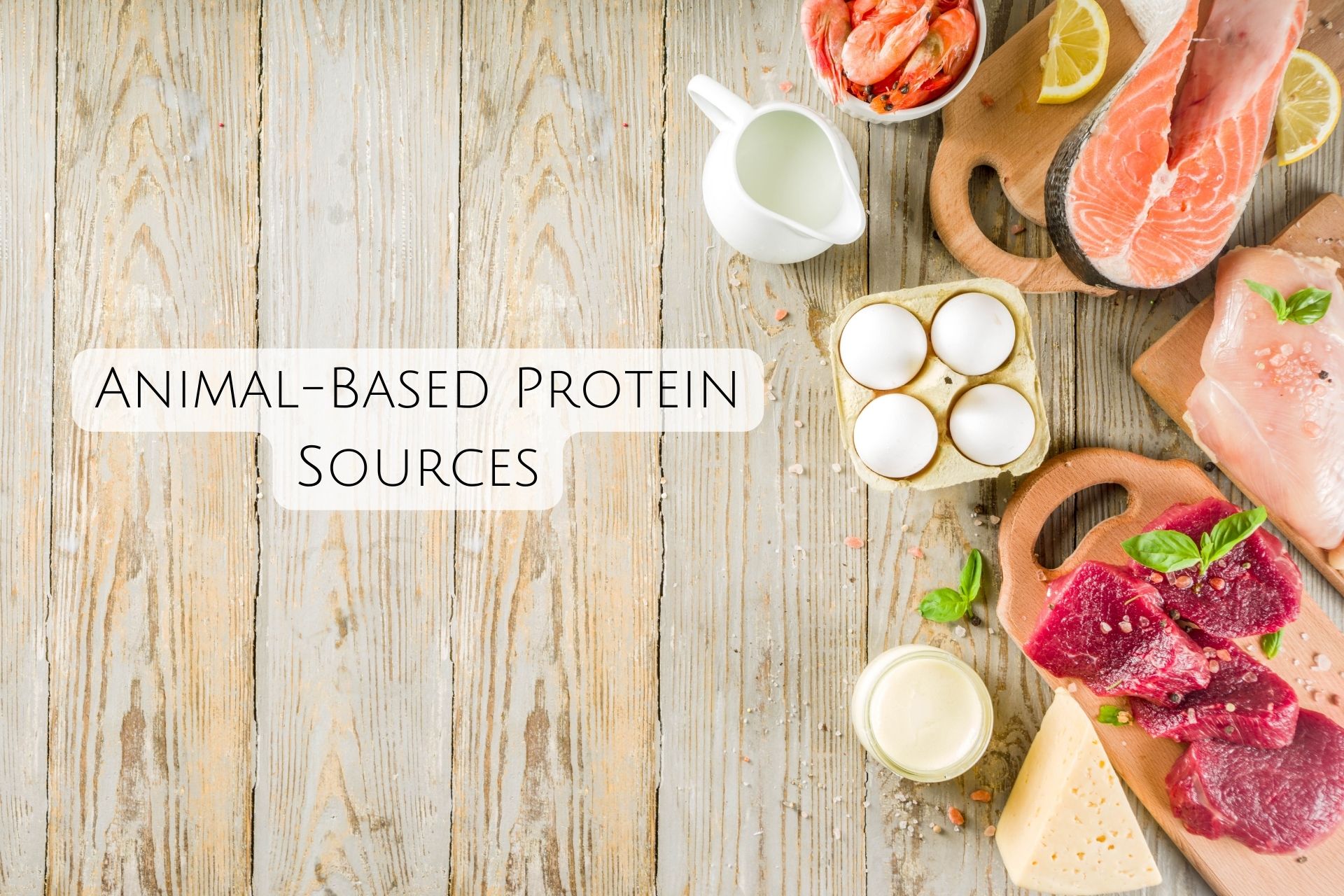
- Lean Meat: Chicken, turkey, lean cuts of beef, pork, and other meats are high in protein.
- Fish: Fish like salmon, tuna, trout, and sardines are not only rich in protein but also provide healthy omega-3 fatty acids.
- Eggs: Eggs are a complete protein source.
- Dairy Products: Milk, yogurt, and cheese are great sources of protein. Greek yogurt, in particular, is known for its higher protein content.
- Seafood: Shrimp, crab, and other seafood are relatively low in calories and high in protein.
- Lean Poultry: Skinless chicken and turkey are excellent sources of protein with less saturated fat.
Plant-Based Protein Sources:
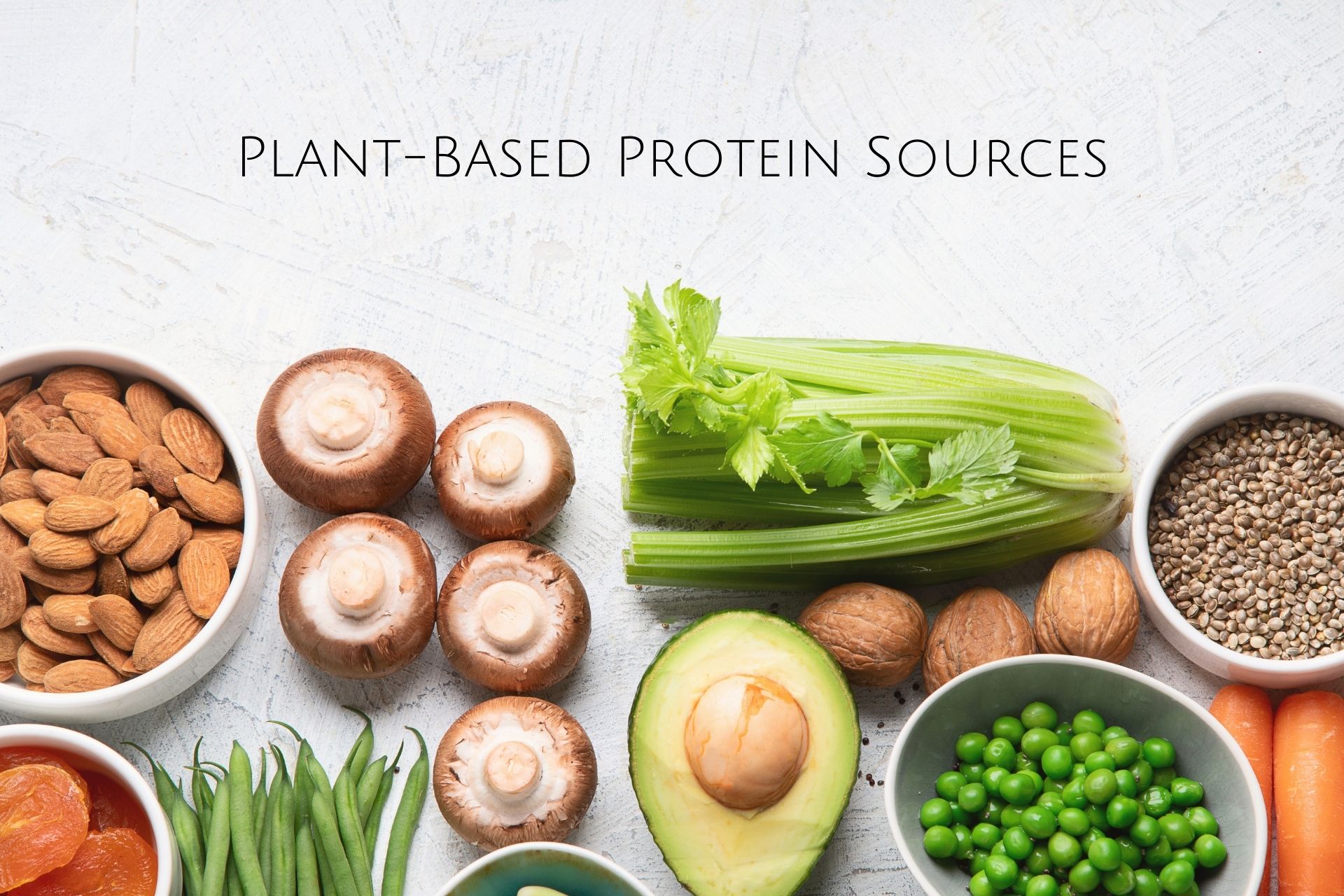
- Legumes: Beans (such as black beans, kidney beans, and chickpeas), lentils, and peas are rich in protein and also provide dietary fiber.
- Tofu and Tempeh: Both tofu and tempeh are soy-based products that are versatile and packed with protein.
- Nuts and Seeds: Almonds, peanuts, chia seeds, flaxseeds, and pumpkin seeds are high-protein snacks.
- Whole Grains: Quinoa, bulgur, farro, and whole wheat pasta offer a protein boost along with other nutrients.
- Seitan: Seitan is a meat substitute made from wheat gluten and is a concentrated protein source.
- Plant-Based Dairy Alternatives: Some plant-based milks (soy milk, almond milk, etc.) and yogurt alternatives are fortified with protein.
It's important to choose a variety of protein sources to ensure you're getting a well-rounded intake of amino acids and other nutrients. Depending on your dietary preferences and restrictions, you can incorporate a mix of animal-based and plant-based protein sources to meet your protein needs.
protein necessity to build muscle
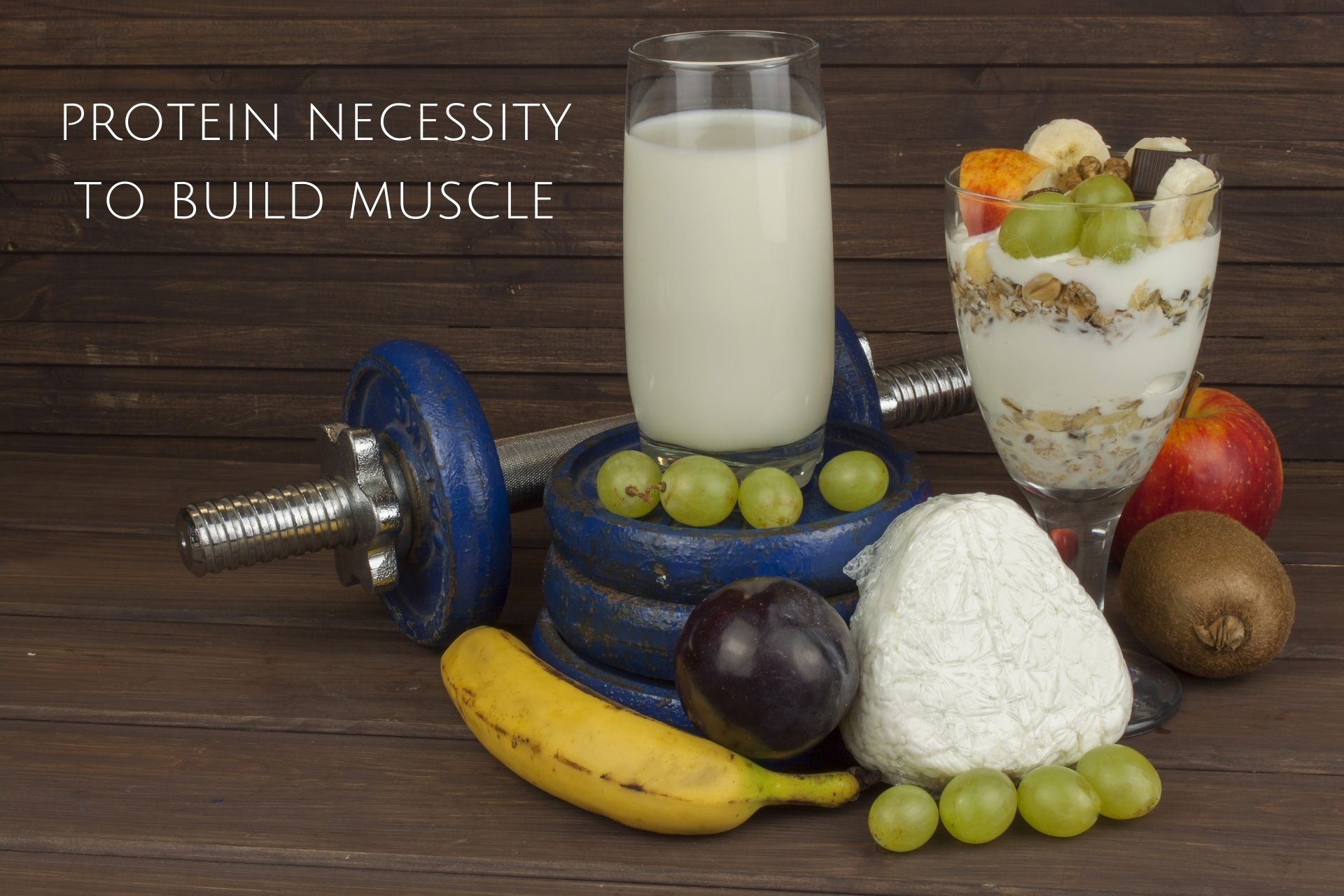
Protein is a crucial component when it comes to building and repairing muscle tissue. Here's why protein is necessary for muscle building:
Muscle Protein Synthesis: Muscle protein synthesis is the process by which your body builds new muscle proteins. Protein provides the necessary amino acids for this process. When you engage in strength training or other forms of resistance exercise, you create small amounts of damage to your muscle fibers. Protein intake helps repair and rebuild these damaged fibers, leading to muscle growth over time.
Amino Acid Availability: Amino acids are the building blocks of protein. Essential amino acids, in particular, cannot be produced by the body and must be obtained from the diet. When you consume protein-rich foods, you provide your body with the amino acids needed for muscle protein synthesis.
Nitrogen Balance: Protein contains nitrogen, and maintaining a positive nitrogen balance is crucial for muscle growth. During periods of muscle building, your body needs more nitrogen for protein synthesis than it loses through processes like nitrogen excretion. Sufficient protein intake helps maintain this positive balance.
Leucine and Muscle Growth: Leucine is an essential amino acid that plays a particularly important role in stimulating muscle protein synthesis. Protein sources rich in leucine, such as whey protein and animal-based proteins, are often favored by those aiming to build muscle.
Recovery: Protein aids in post-exercise recovery by reducing muscle soreness and accelerating repair processes. This allows you to engage in regular exercise without overtraining or excessive muscle breakdown.
Prevention of Muscle Loss: Adequate protein intake is also crucial for preventing muscle loss, especially during periods of calorie restriction or weight loss. Protein helps preserve lean muscle mass when you're aiming to reduce body fat.
Individual Factors: Protein needs can vary based on individual factors such as age, gender, body composition, activity level, and goals. Those who engage in regular resistance training typically require more protein to support muscle growth.
It's important to note that while protein is essential for muscle building, an excessive intake doesn't necessarily result in more muscle growth. A well-balanced diet that provides the necessary nutrients along with appropriate training and recovery strategies is key to effectively building muscle mass. Consulting with a healthcare professional or registered dietitian can help you determine the optimal protein intake for your muscle-building goals.
Recent Posts
-
Exploring the Evolutionary Role of Bacteria-Fungi Symbiosis in Cell Development
The intricate relationships between microorganisms have long fascinated scientists. Among these, the
-
From Stress to Serenity: Real-Life Success Stories of Adaptogen Use
While lifestyle changes like exercise, meditation, and a healthy diet are essential for managing str
-
The Long-Term Effects of Chemical Exposure on Human Health
The Long-Term Effects of Chemical Exposure on Human Health Chemical exposure is an inevitable part o


